| Location | Japan |
| Date | 2005-present |
| Implementing Agency | Ministry of the Environment of Japan |
Cool has a new meaning for suit-wearing Japanese businessmen. Tradition dictates formal attire and darker suits have been the norm, even during hot, humid summers. However, under pressure to curb greenhouse gas emissions, theJapanese goverment initiated a policy that put the environment before fashion.
In 2005, Yuriko Koike, Japan’s environment minister, was tasked with reducing the nation’s emissions by 6 percent to meet 1990 Kyoto Protocol targets. She teamed up with former Prime Minister Junichiro Koizumi and encouraged men to stop wearing suits in the summer—to be cool and casual, so that office buildings could ease up on air-conditioning.
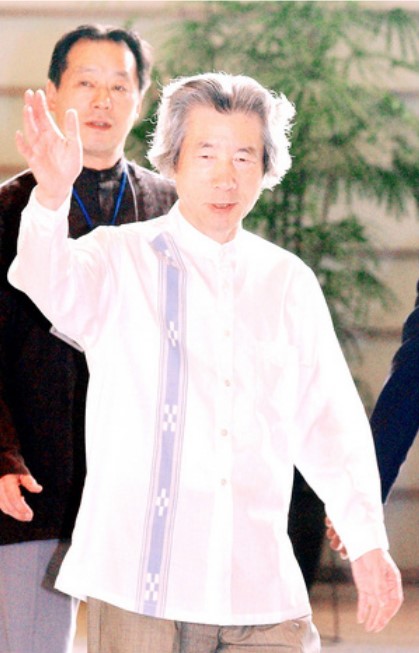
Japanese Prime Minister Junichiro Koizumi a casual summer shirt in observance of the country’s Cool Biz campaign. Photo: STR/AFP/Getty Images
To kick off Cool Biz, top government officials led by example and went to work without jackets and ties. The recommended setting for air conditioners in government and office buildings was increased to 28°C (82°F). The program, which continues today, is voluntary and no penalties are assessed if the guidelines are not followed.
Cool Biz is not without its tradeoffs. Some people feel the temperatures are being kept too high in office buildings. According to research by Shinichi Tanabe, a professor of architecture and environmental engineering at Tokyo’s Waseda University, each additional degree above 25°C (77°F)cuts worker productivity by 1.9 percent.
The program was a success in meeting some environmental goals, and roughly 30 000 organizations are participating today. The program inspired a counterpart, Warm Biz, that encourages people to layer up in the winter.
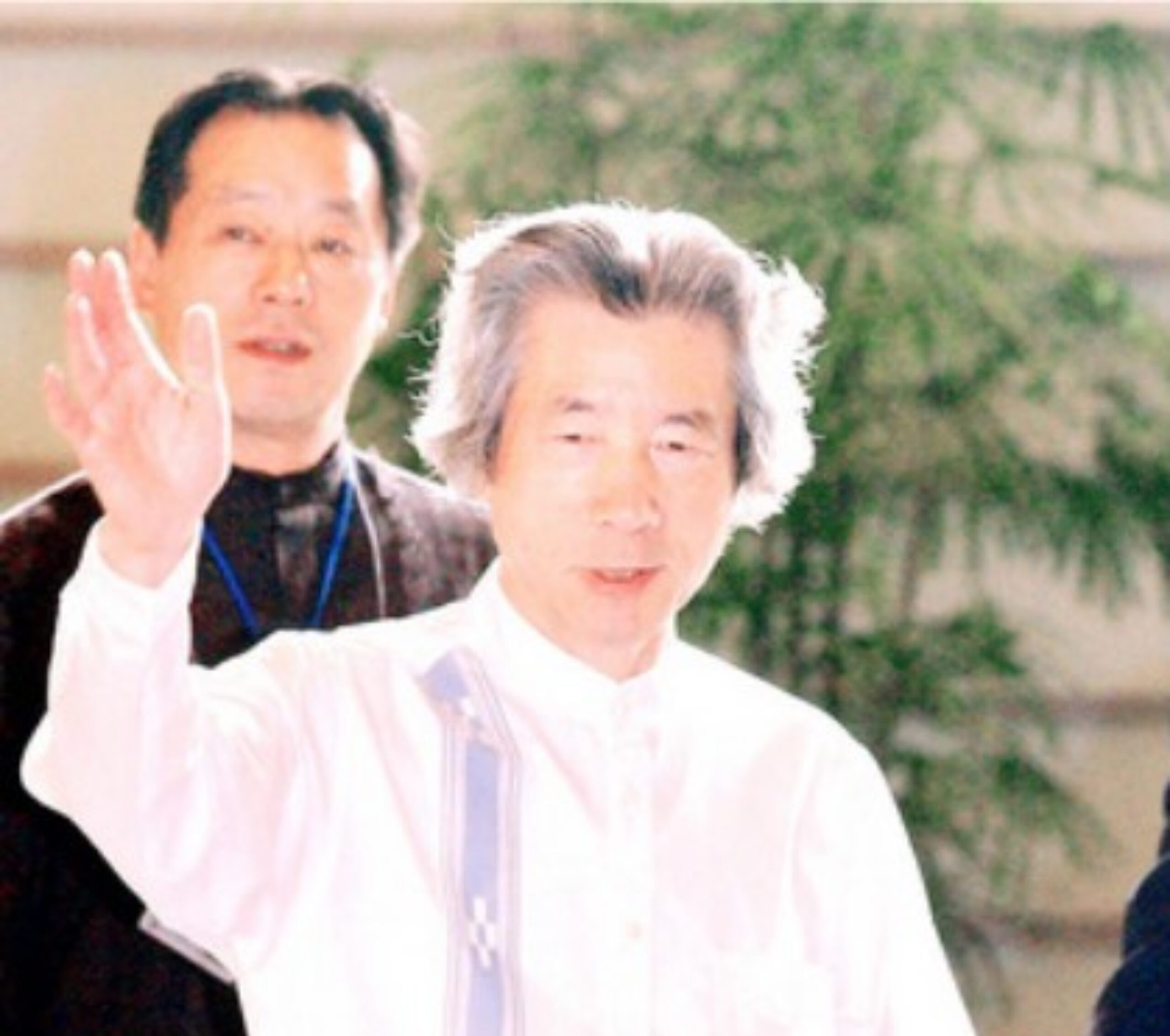
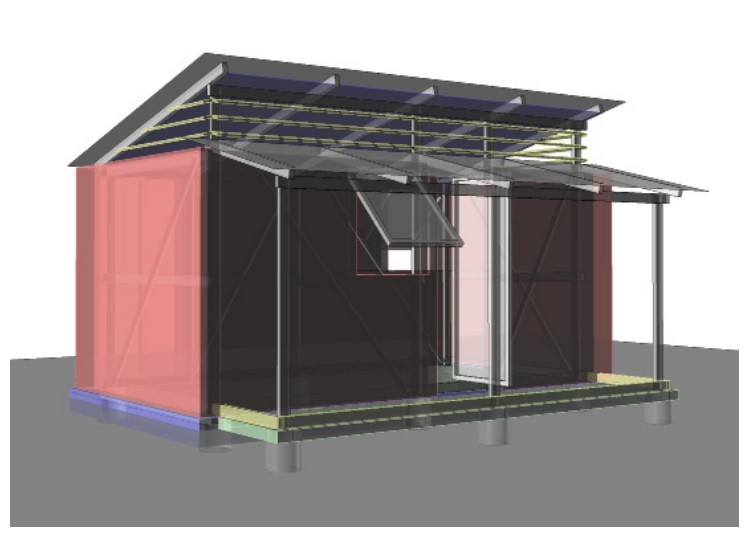
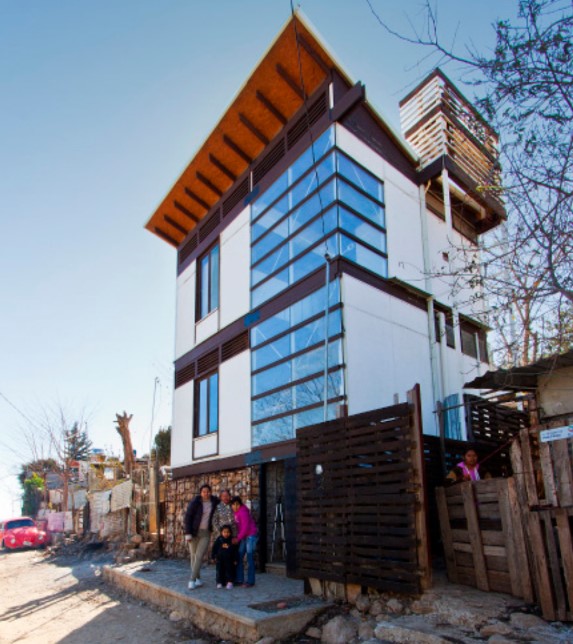
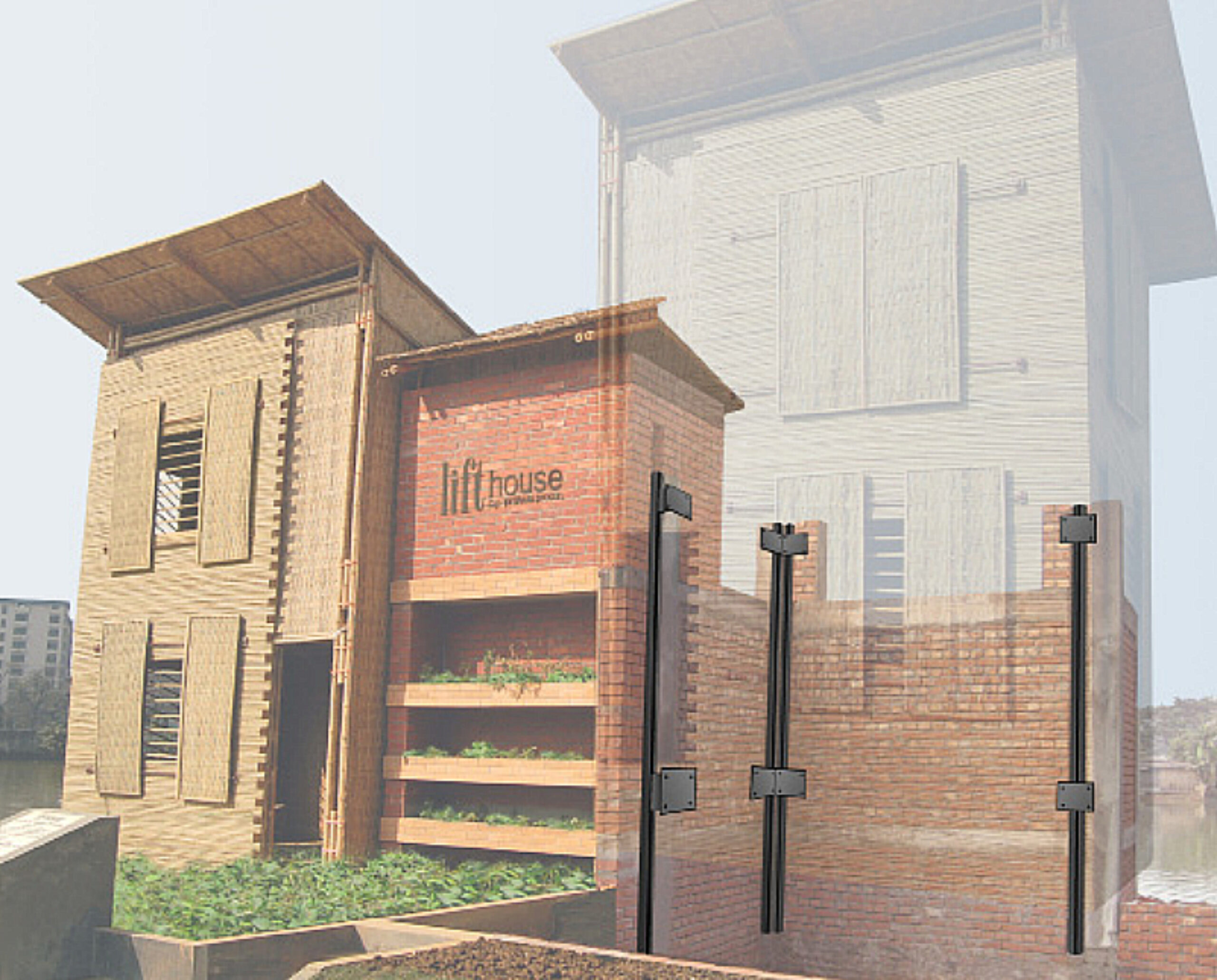

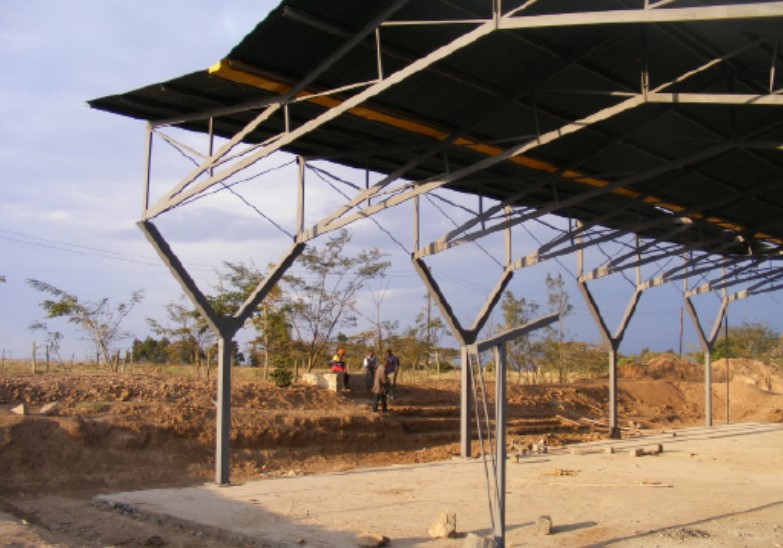
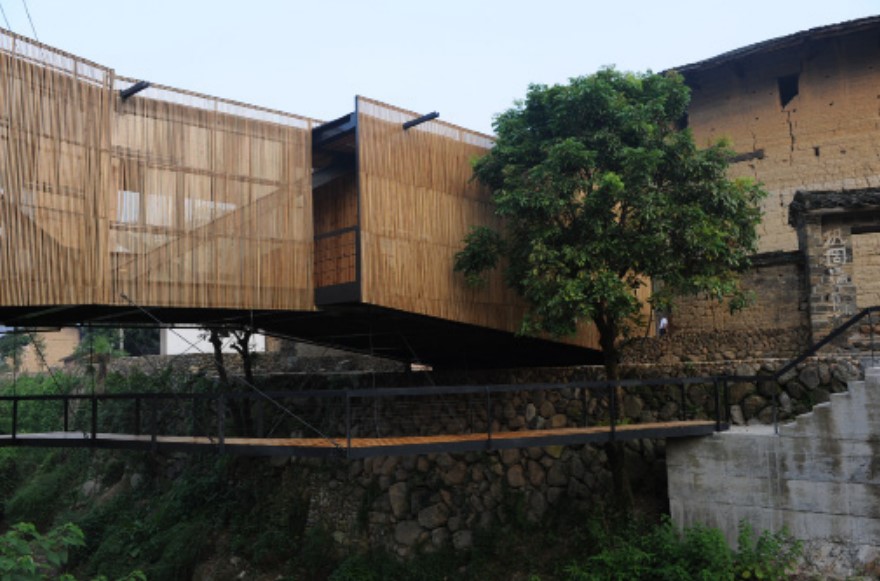
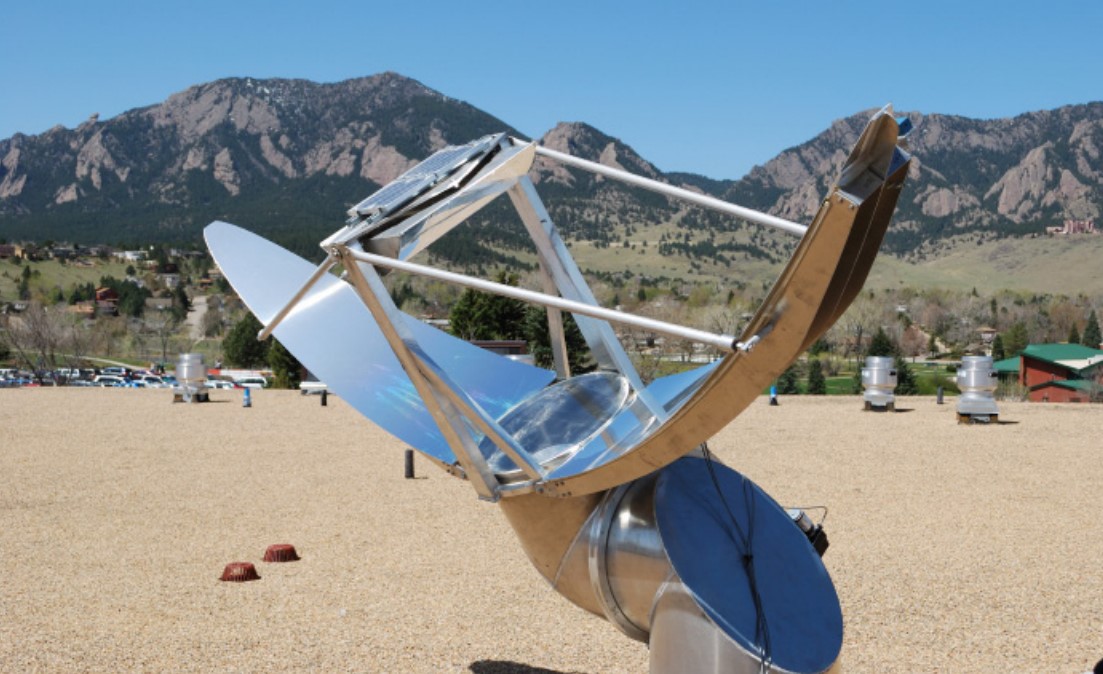


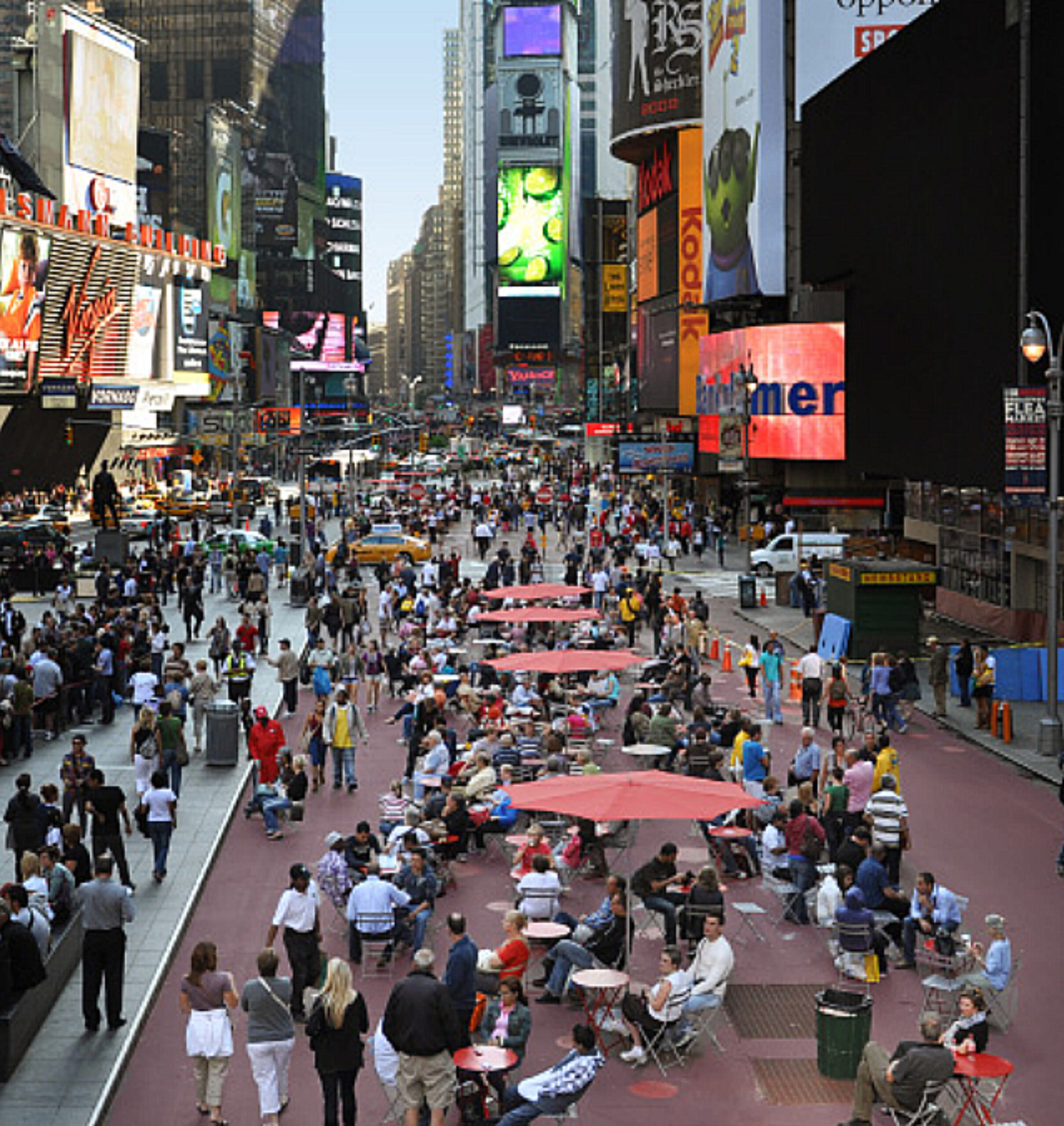
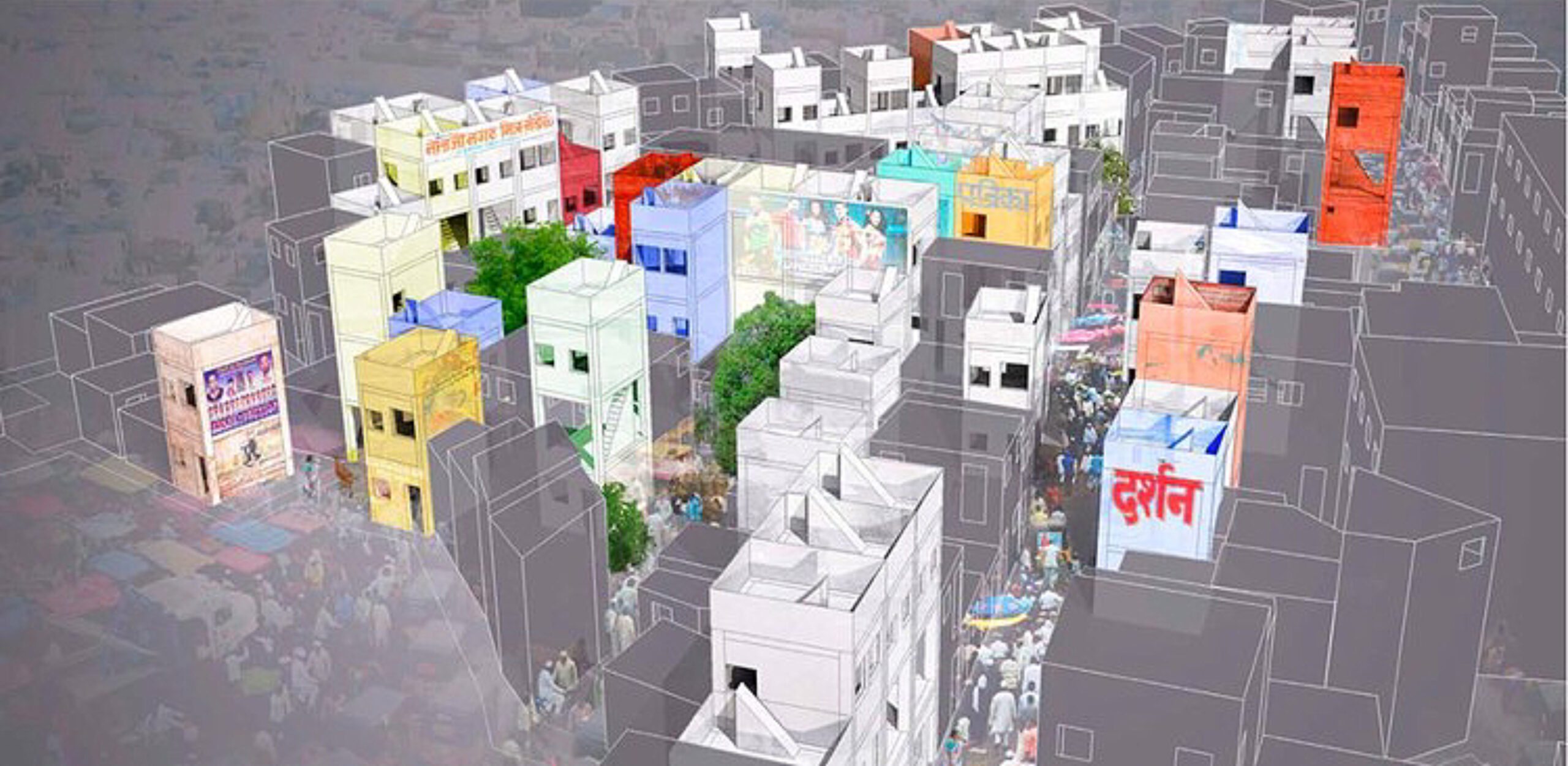

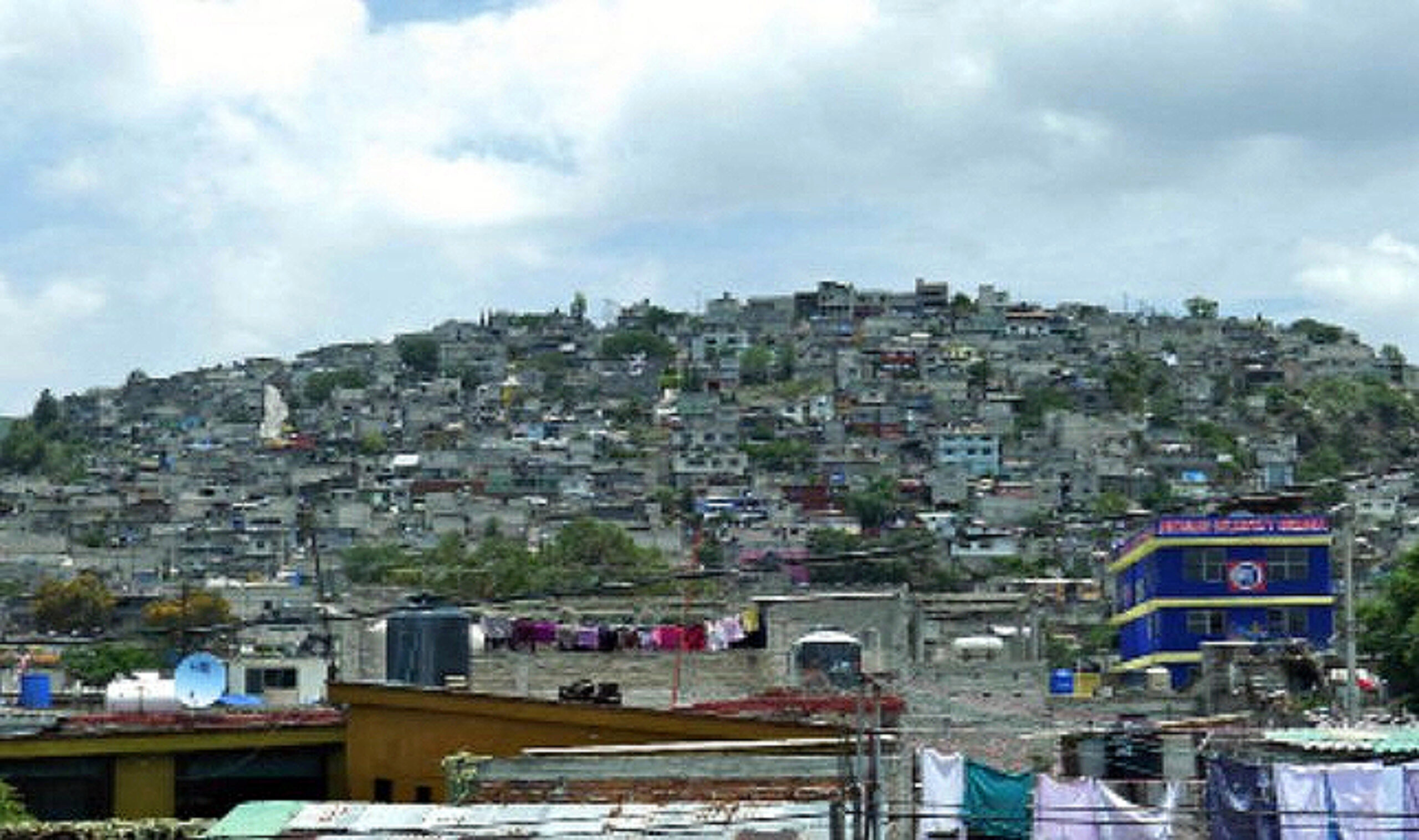
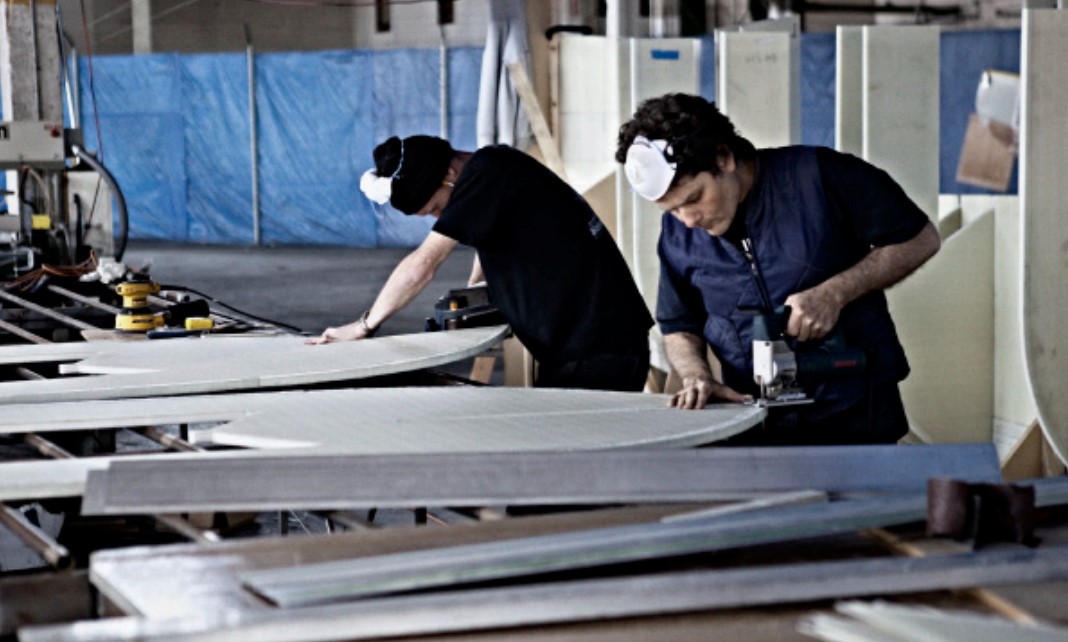

READ OR LEAVE A COMMENT